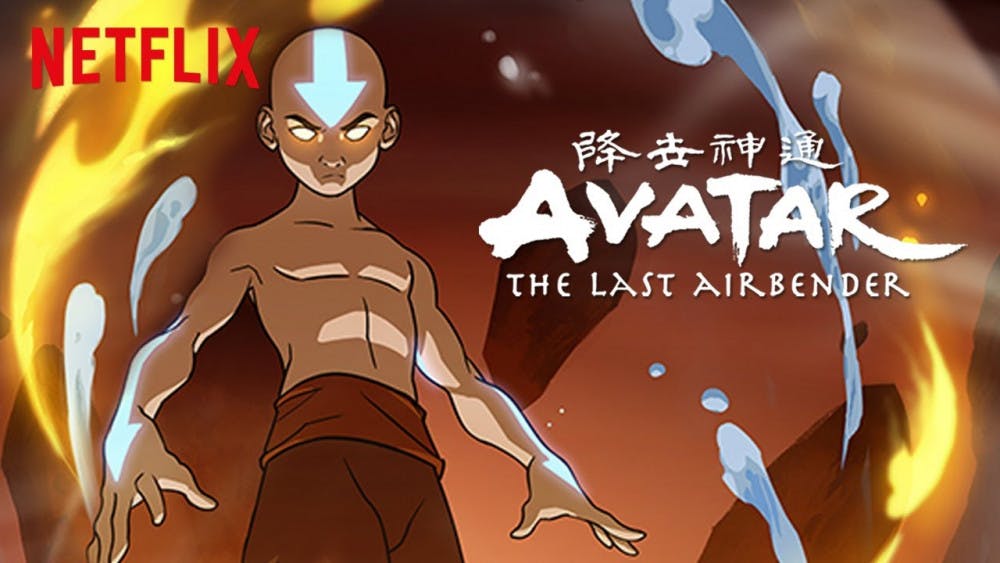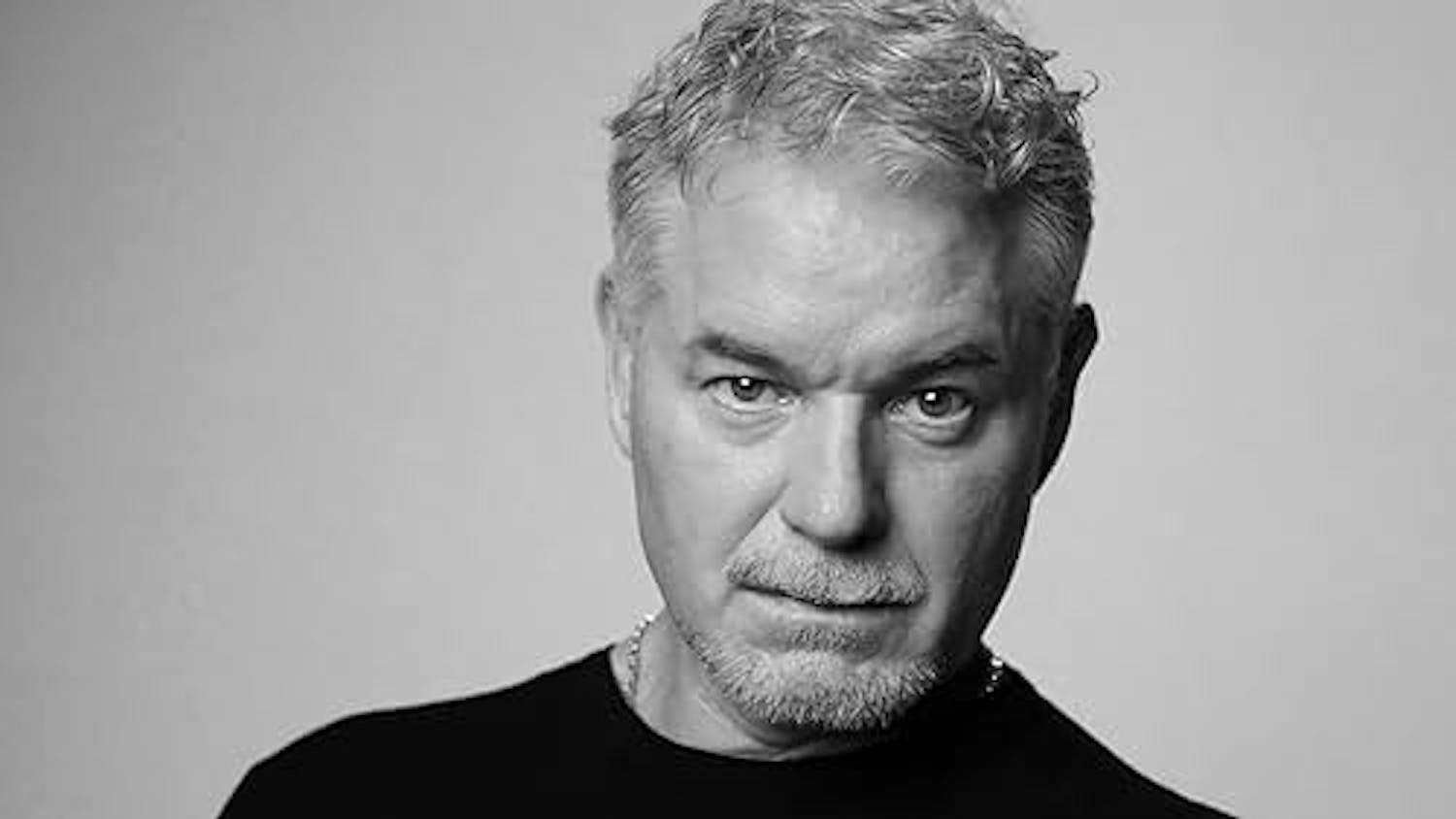By Anika Pruthi
Correspondent
The arrival of the 15-year-old beloved Nickelodeon series “Avatar: The Last Airbender” on Netflix has spurred its widespread fanbase to celebrate. The series, which aired originally from 2005 to 2008, is considered one of the best animated series of all time due to its animation, unmatched character development and complex storytelling — winning a Kid’s Choice Award, a Peabody Award and an Emmy.
The animated wonder follows the journey of Aang, a 12-year-old Airbender. He is the latest incarnation of the Avatar, and the only person with the ability to control all four elements and restore balance to the world. He has been preserved in an iceberg for a century, oblivious to the Hundred Year War, and at a loss of how to stop the Fire Nation from conquering the world. With the help of teenagers Katara and Sokka of the Southern Water Tribe, Aang is on a mission to master the remaining three elements and defeat Fire Lord Ozai to save the world.

Within three seasons, the show’s imaginative universe has been meticulously and elegantly crafted to recreate martial arts forms, such as Tai Chi, during action sequences with the elements. While this contributes to the epic and adventurous tone of the story, the rich characterization and heart-warming interactions between the characters are the heart of this show.
Typically, viewers assume children’s shows to be simple, pure, innocent and uncontroversial. The series challenges these common assumptions by sensitively handling the emotional scars of war and implementing respectful realism through characters that have been forced to grow up. In this fantasy world, issues of imperialism, genocide, corruption, tyranny, revenge, pacifism, violence, systemic sexism and economic class struggles are all dealt with head-on. Each elevates the series from a simple children’s cartoon into a production that smoothly deals with adult topics, creating an appeal that reaches far beyond young audiences.
Creators Michael Dante DiMartino and Bryan Konietzko have deftly woven these political topics into the storyline to contribute to the main plot and deepen the audience’s understanding of the characters. Viewers watch segments of former prisoners of war becoming as terrible as their captors, antihero Prince Zuko having internal struggles with his true destiny, Katara facing the darkness of magic through “blood-bending,” blind Toph entering combat and Aang struggling to balance his nonviolent beliefs with his violent destiny. Many such moments reiterate the complexity between the paradox between “good” and “evil,” showing that the line is blurred more than many would like to think. In a world where there is war, conflict and pain, our supposed “heroes” can be selfish and wrong when lashing out in a fit of rage, and our antagonists have more to their story than we might know.
Traveling through a segmented world that would benefit from unity, the characters overcome their grief and guilt, learn that their past mistakes do not define them and discover what truly makes a family. Of all the themes and ideas the series imparts, the idea of life choices determining identity is always relevant. While times have changed considerably since the first episode was released, the poignant lessons from this show have an everlasting effect on its multigenerational audience.
The resonating emotional authenticity and vulnerability from the show have allowed it to become so popular that there have been comic books, a spinoff series called “The Legend of Korra,” “The Rise of Kyoshi novel,” and a feature film. Netflix is also in the process of making a live-action adaptation of the series with the creators.
If you are watching “Avatar: The Last Airbender” again after more than a decade, you will find that its messages matter now more than ever. As you channel the wisdom of your inner Iroh by asking yourself the big questions about your inner self and the problems in this world, you will find yourself enlightened with a deep understanding of how to solve any conflicts you may face in the future.
For first-time viewers and die-hard fans, I urge you to watch the show, take its lessons at face value, “and begin asking yourself the big questions: ‘who are you, and what do you want?!’”







